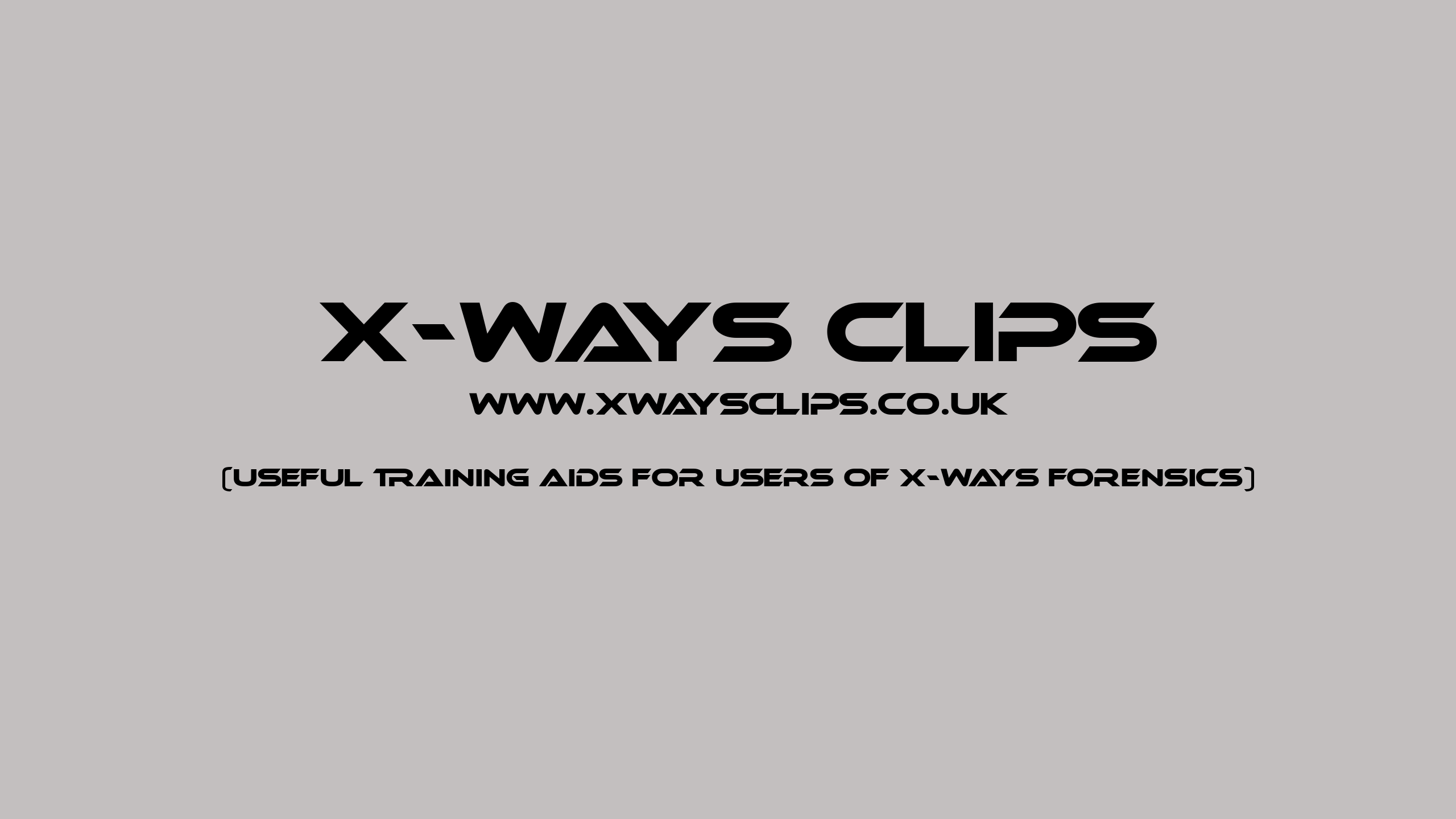In addition to being the developer of QuickHash, I am, and was before I started programming, an enormous supporter of the digital forensics and disk analysis tool, X-Ways Forensics (and of course it’s originating program, Winhex).
It is, in my view, the best forensic tool in the world. I’ve used it for years and several years I ago I made it somewhat of a personal mission to try and persuade others in the digital forensics realm that it is so much more capable as a “routine digital forensics tool”, useful for so much more than just detailed hex analysis, that I began making what some might call “an online training platform”. It’s just a blog in reality, but it features short, easily digestible videos and written narratives on how to use X-Ways Forensics in daily digital forensic work.
To my surprise, it kind of took off!! Today, it has had hundreds of thousands of views, with many followers. I have received many kind words about how the platform has helped people in their work, and even helped them persuade managers to foot the bill for the surprisingly affordable license.
So where is this resource: Head over to www.xwaysclips.co.uk
If you’re in the field of digital forensics, consider some alternatives to the usual suspects. Everyone has heard of EnCase, FTK and increasingly even that e-Discovery tool that’s making its way into digital forensics, NUIX. All three have their place in the industry, but all three are expensive given their capabilities and typically can’t perform well (or sometimes at all) without enormous hardware demands. X-Ways Forensics, on the other hand, is enormously memory efficient, stable, accurate, feature rich, and will run off a thumb drive! It doesn’t need database backends and even has a review product called X-Ways Investigator which is half the price of X-Ways Forensics and is designed the ame as XWF but with much of the complicated functionality removed, for use by non-digital forensic staff. Cases can be transported and migrated easily by just copying and pasting the case folder. I can’t recommend it enough. Try it. You might like it.
Given that many users of QuickHash are often themselves engaged in the field of in depth computer analysis work, I felt now was perhaps the time to give it a mention on here. It won’t be useful to every user of QuickHash for certain, but it will be for some.




Leave a Reply